Light cruiser HMS Sheffield (C24)
II
Basic information
Operator:
Country of build:
Builder:
Laid down:
Launched:
Commissioned (service):
Decommissioned (out):
Status:
Fate:
Scrapped at Faslane, 1967
Ship measurements
Displacement:
11,350 t
Length:
170 m
Beam (waterline):
18.8 m
Draft:
6.55 m
Machine
Propulsion:
- 4 * Parsons steam turbines
- 4 * Admiralty 3-drum boilers
- 4 * shafts
- 75,000 shp (55.9 MW)
Speed:
32 knots
Range:
5,300 nmi (6,100 mi; 9,800 km) at 13 kn (15 mph; 24 km/h)
Personnel
Complement:
748
Combat assets
Electronics:
Type 79Y radar from August 1938
Armament:
- 12 * BL 6 in (152 mm) Mark XXIII guns (4 * 3)
- 8 * QF 4 in (102 mm) Mark XVI guns (4 * 2)
- 8 * QF 2-pounder (40.5 mm) Mark VIII pom-pom guns (2 * 4)
- 8 * .5 in (12.7 mm) Vickers machine guns
- 6 * 21-inch (533 mm) torpedo tubes (2 * 3) (later removed)
Aircraft:
- 2 * Supermarine Walrus aircraft (Removed in the latter part of WWII)
- 1 * catapult
- 2 * hangars
HMS Sheffield was one of the Southampton sub class of the Town-class cruisers of the Royal Navy during the Second World War. She took part in actions against several major German warships. Unlike most Royal Navy ships of her time, her fittings were constructed from stainless steel instead of the more traditional brass. This was an attempt to reduce the amount of cleaning required on the part of the crew. Her nickname, the «Shiny Sheff», stemmed from this. A prototype radar system was placed into service in August 1938 on the Sheffield. It was the first vessel in the Royal Navy to be so equipped.
- Comments
No comments yet
Log in or Register to write comments
 en
en ru
ru uk
uk
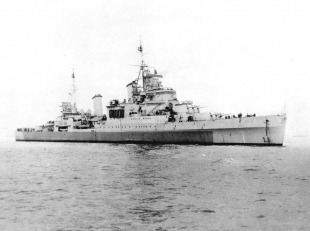
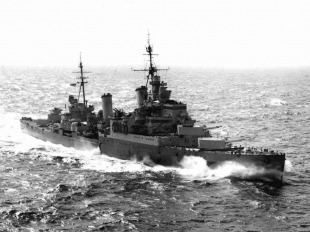
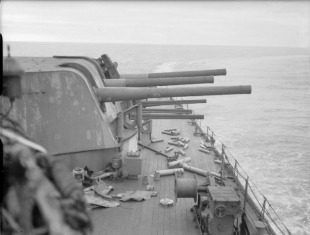
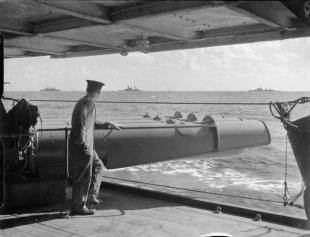
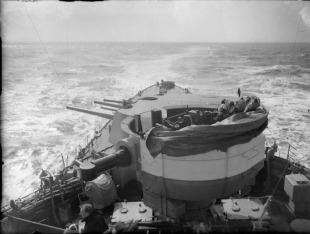
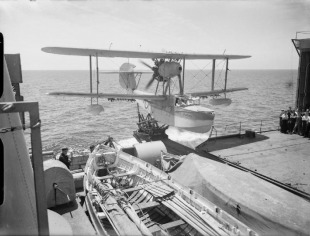
 Royal Navy
Royal Navy